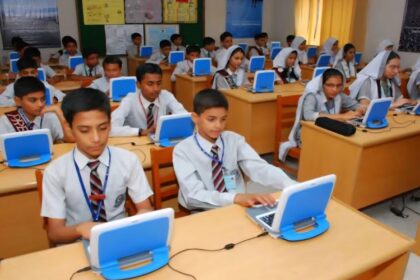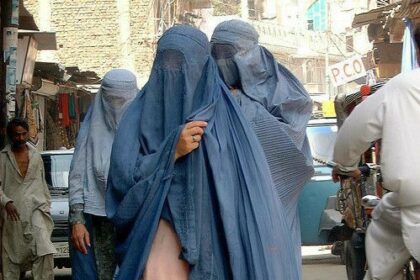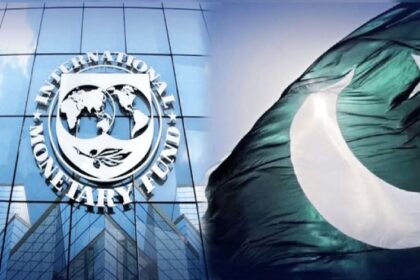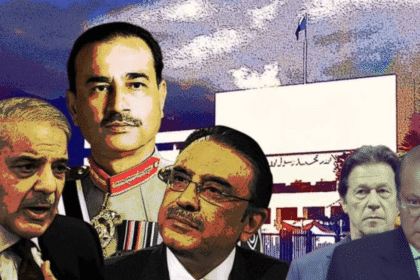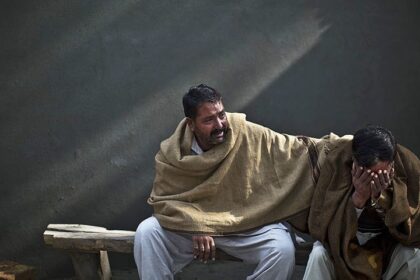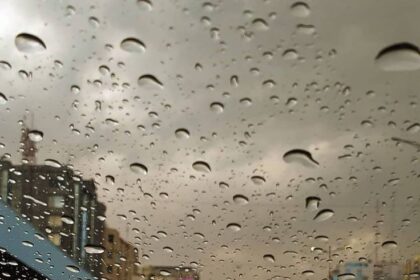Just like always, Pakistan has turned a blind eye towards Balochistan. The outrage that was storming through the internet the past few weeks has now been silenced, but the truth is that the struggle of the people of Balochistan is not yet over, and our silence won’t make it vanish into thin air. For decades now, Balochistan has been struggling, be it the power struggle of the region, people being denied their fundamental rights in the region or the fact that there is no accountability for the natural resources that are being extracted from Balochistan.
Balochistan can be considered the golden eagle of Pakistan not only because of it being extremely rich in mineral resources but also because of its vibrant culture and rich heritage. However, you will rarely hear someone talking about the history and roots of Balochistan, and that is because the media never shows this side of the province, but yes, we will see Balochistan become the topic of discussion whenever terrorism is being mentioned or discussed. The status quo of Balochistan cannot be denied; however, that does not erase its history and cannot stop one from understanding the problems on the grassroots levels that have led to the extreme resistance we are facing today from the people of Balochistan.
Balochistan has been home to the earliest farming settlements in pre-Indus Valley civilisation history; moreover, various dynasties, such as the Sewa Dynasty and the Indo-Scythian Dynasty, were once the ruling class of the region. Among the first people to live in Balochistan were the Brahui, who speak a Dravidian language. Although there was a native population in the area in antiquity, the Baloch people, who may have been from the Middle East, moved there in the fourteenth century.
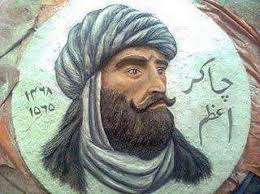
In the fifteenth century, Mir Chakar Khan Rind became the first Sardar of Balochistan, ruling over portions of modern-day Afghanistan, Iran, and Pakistan. After first siding with the Mughal Empire, the Khanate of Kalat later backed leaders such as Ahmad Shah Durrani and Nader Shah. Local Baloch leaders took back power once Afghan rule waned. While Makran, Kharan, Las Bela, and Kalat continued to be separate princely republics under British protection, Northern Balochistan became a part of British India in 1876. This arrangement was formalised in 1876 with the Treaty of Kalat, which gave these areas internal sovereignty but placed them under British supervision. The British took control of the districts of Quetta, Pishin, Harnai, Sibi, and Thal Chotiali after the Second Anglo-Afghan War and the Treaty of Gandamak in 1879. The Bolan Pass was taken by the British in 1883, and other parts of Balochistan were incorporated into British control by 1887.
After discussions between Sir Mortimer Durand and the Afghan Emir Abdur Rahman Khan, the Durand Line was drawn in 1893 as the border between Afghanistan and British-controlled territory. Today, Pakistan and Afghanistan are still separated by this border.
Political dynamics in Balochistan were diverse during the Indian independence movement, with groups such as Anjuman-i-Watan Baluchistan supporting a united India and opposing the partition that eventually resulted in the formation of Pakistan.
After the initial resistance to joining Pakistan and seeking independence, the Khan of Kalat eventually agreed to join Pakistan on 27th March 1948 despite his brother’s opposition, which posed several future challenges in the region.

The liberation armies and resistance groups that now exist in the region did not form out of nowhere; these are the consequences of years of neglect, underdevelopment and unfair resource allocation in the region. As mentioned before, Balochistan is extremely rich in natural resources, which generates a lot of revenue, and Balochistan is a key supplier of natural gas all around Pakistan. However, the development rate in the region, according to a report by UNDP, is 0.473, which places the province at a very low level of human development. This unfair treatment toward the province, added to the Pakistani army having control over the region and its natural resources, fuels the anger of the people living there, forming organisations like the Balochistan Liberation Army (BLA).
Some also argue that the BLA and other rebellion groups in Balochistan are backed and funded by Indian intelligence. While this may be true, once again, the state is at fault over her to a very large extent, considering that if your state and its people will turn a blind eye towards a specific province, why would that province hesitate in taking funding from another state and turning against their state?
The most recent issue that has been surfacing on the internet is the arrest of Mahrang Baloch, a Balochi human rights activist who speaks up for the human rights violations in Balochistan and the unfair resource allocation. However, recently, she was arrested under terrorism charges. From this, another question arises: Can protesting for what one thinks is right and standing up against the unjust be considered terrorism? Just because someone is getting public attention for their stance does not mean they are causing public unrest; it simply means that the general populace can resonate with their beliefs and stance.

Unfortunately, Mahrang is not the first and last person who has been arrested in this manner; several people who have been protesting for their rights have been and are being arrested in the name of terrorism just so these people can be silenced. However, what the state does not understand is that arresting more and more people every other day would only end up increasing the already existing hatred in the hearts of these people, and if everyone starts protesting for their rights, will the entire population of Pakistan be behind bars?
Any information we receive on the province is vetted by the state-run media, and any material that miraculously gets past those filters is promptly taken down from the internet, turning Balochistan into a veritable information black hole. Given that residents are not even receiving the most basic education to enable them to inform others about what is happening in Balochistan and that people are afraid to travel there due to security concerns, it is practically impossible to learn everything there is to know about the province. Instead of being aware of what is going on in Balochistan, our population is more likely to know about a place in the USA or Europe.
The ongoing conflict in Balochistan is not something that can or should be ignored. The fire that started in Balochistan will not burn that very province only but will engulf the entire country in its flames. We don’t want history to repeat itself once again and lose Balochistan just like we lost Bangladesh.







